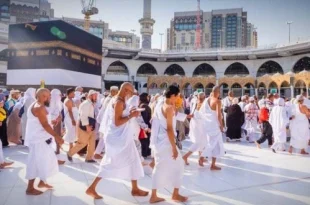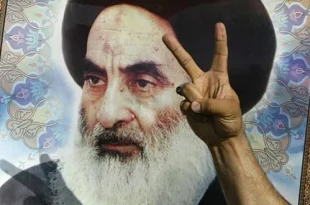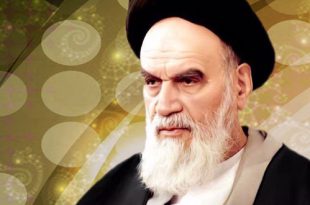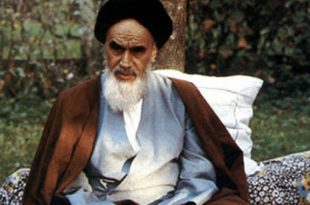Hajj is a collection of rites and observances. It is a number of action and recitation. They are all combined to be performed within a certain time and place. The result is worship, and an enlightening action conducive to the building up of the Muslim character. It effectively rebuilds the....
Read More »A Clear Explanation for the Prohibition of Music
The verdict on listening to music might be unclear and confusing to many Muslims. So our goal in these articles is to make a clear explanation on case 20 in the second volume of “Minhaj Al-Salehin” According to the verdict of...
Read More »Slavery in Disguise: How Are Women Still Secondary in Western Ideology?
The prostitution is the focal point of women finding their identity in the Western systems. In order to further clarify this matter, it is necessary to state that, basically, due to the widespread prevalence of prostitution at the international and national level, countries are obliged to look at prostitution as...
Read More »Ayatollah Sistani’s Epic Fatwa against Daesh in Iraq
A day after the Speicher massacre, the bereaved nation was addressed by Ayatollah Ali Sistani, who commands tremendous respect from all sections of Iraqi society.During a Friday prayer in the holy city of Karbala, the fatwa was issued on his behalf calling on all Iraqi citizens to defend the...
Read More »Why Do We Have to Wear Iḥrām during Hajj?
Wearing the Iḥrām is amongst one of the Hajj rituals and putting it on marks the beginning of the Hajj: special clothing for a special type of worship. On an apparent level, some may come to the conclusion that for one of the....
Read More »Imam Khomeini Is Still Alive, the Ummah Should Adopt his Thoughts: Sheikh al-Zakzaky
I have been saying that Imam Khomeini is still alive and that the Ummah should adopt his thoughts,” the leader of the IMN and one of the disciples of the late founder-leader of the Islamic Revolution, says Sheikh...
Read More »The Prohibition of Two Mutʻas and Imam Ali’s Opinion
When Umar prohibited those two lawful pleasures [mut'a of Hajj and mut'a marriage], Imam Ali (‘a), the guardian of Shari'a laws and the supporter of the Holy Prophet (S) stood against it....
Read More »Imam Khomeini Brought about Great Transformation in the World
On the occasion of the 34th anniversary of Imam Khomeini’s demise, Ayatollah Khamenei delivered a live televised speech on June 4, 2023. During his speech, he described Imam Khomeini, as the leader who managed to bring about great transformation on...
Read More »Imam Khomeini’s Legacy a Viable Model of Islamic Governance
It is safe to say that without Imam Khomeini, it would have been a different story today. The ideological tremors triggered by this charismatic leader of the Islamic Revolution during his lifetime went beyond the borders of Iran and the...
Read More »Imam Khomeini: The Man of Transformation
Ayatollah Ruhollah Khomeini, as the founder of the Islamic Revolution and innovator of a school of thought, has crossed geographical boundaries and become an important discourse in the...
Read More » Ijtihad Network Being Wise and Faithful Muslim in the Contemporary World
Ijtihad Network Being Wise and Faithful Muslim in the Contemporary World









